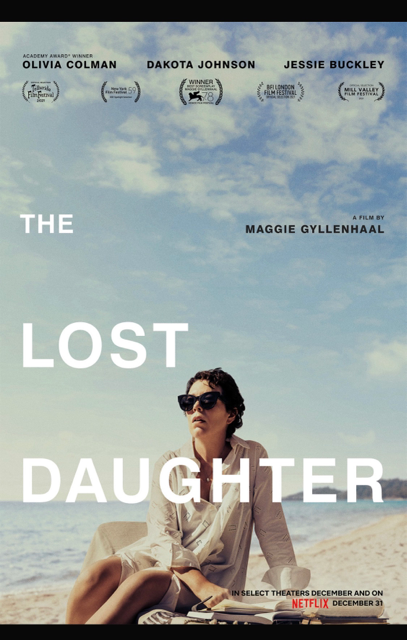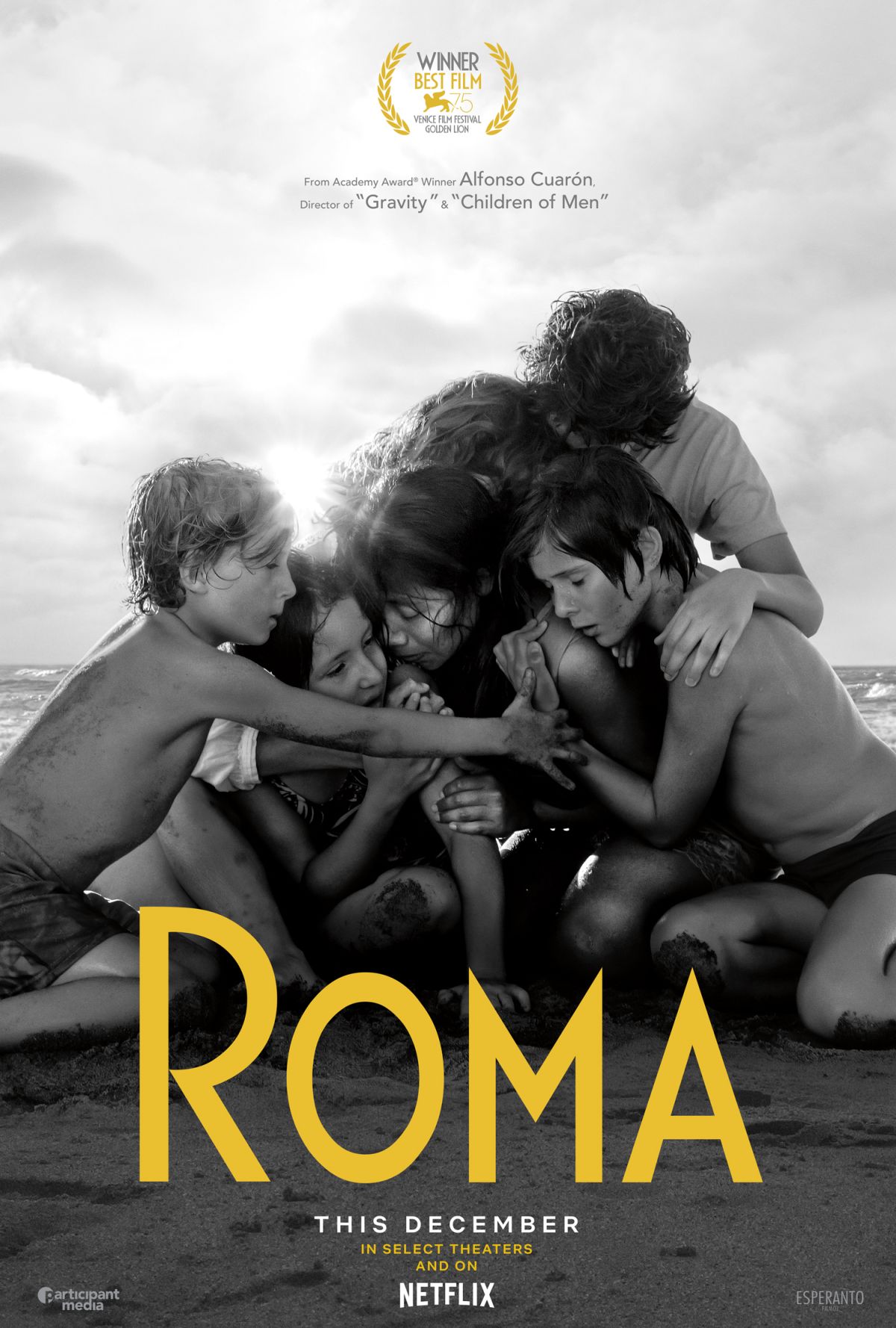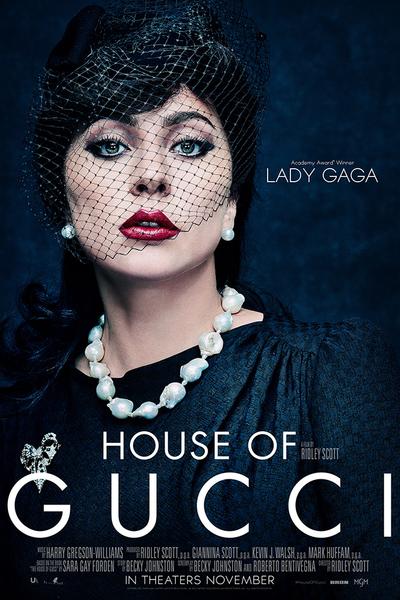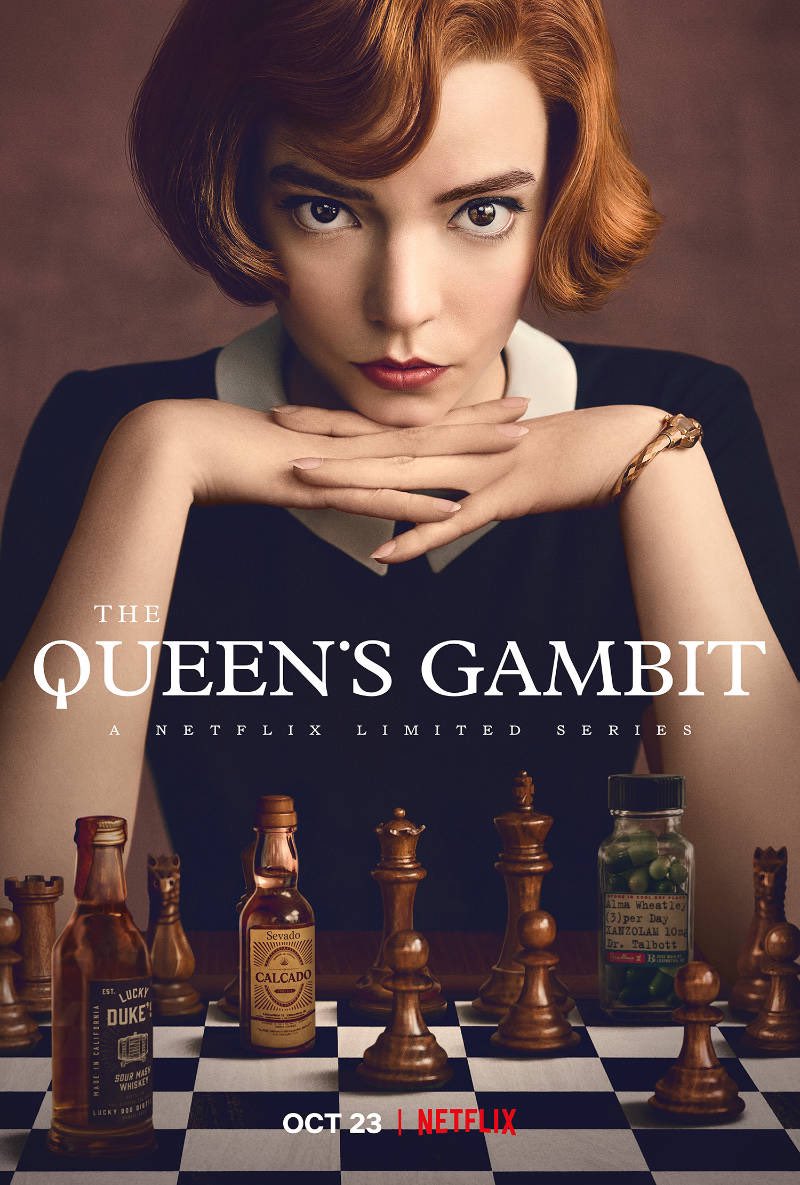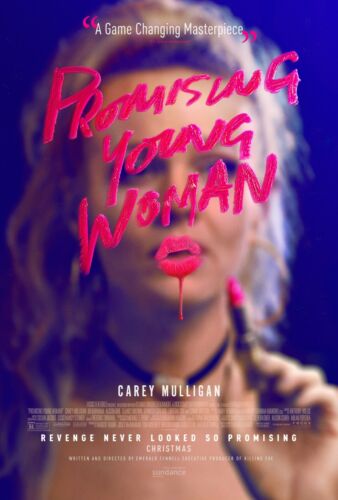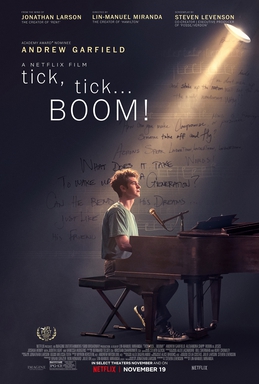
Life’s a beach — ‘The Lost Daughter’ is made for sunscreen, not the big screen
Some people think Netflix and its ilk are ruining, er, permanently changing, the movie business. Exhibit A could well be “The Lost Daughter,” a loss-leader type of production that wouldn’t be on anyone’s radar screen if it hadn’t somehow scored three Academy Award nominations.
Netflix didn't make “The Lost Daughter.” It only bought the distribution rights, probably because the person who put it together, Maggie Gyllenhaal, is one of those A-list celeb names coveted by streaming services with still-unlimited pockets.
In the old days, someone like Robert Evans would’ve said, “OK, you’ve got a decent movie here, just delete the Greece beach part and get back to me.” There’s no one at any streaming service who’s going to say that to Maggie Gyllenhaal, or Martin Scorsese, or Alfonso Cuarón, or David Fincher, no matter how useful that advice may be.
There is a promising movie within “The Lost Daughter.” Jessie Buckley’s face imparts a very impressive strain. That stress stems not from men but, in a cinematic rarity, children. She’s smart, successful and beautiful, but motherhood is not working for her. Her expressions, not evil or wicked or even necessarily unlikable, but troubling, position “The Lost Daughter” as a borderline horror film. Will she do something terrible to her children, or to herself? Is she about to create a broken family? This is not entertaining, but potentially powerful, material.
A quick 100 minutes of Buckley plus a 1-minute fast-forward at the end would be a strong, tight production (without having to explain the ending). Instead, Gyllenhaal blows the concept, as well as the budget, by enlisting Olivia Colman as the lead actor who merely remembers some of those important scenes of Buckley and tries to mesh them with ... a completely uninteresting series of mishaps on a foreign beach with a handful of thugs.
The moviemaking equivalent of “Gonzo Journalism” is the handheld, up-close camera, used to convey grittiness, unevenness, unauthorized-ness, low-budget-ness, cinema verite, etc., often used around characters with guns or drugs. In “Daughter,” it’s used around ... whiny children. That seems a bit harsh (and downright annoying), even if the goal of showing how a young mother is more affected by children’s tantrums than the things we cherish is valid.
“The Lost Daughter” is an adaptation of a 2008 novel of the same name, by the author “Elena Ferrante.” That’s a pseudonym; no one knows who she is. Whether it’s a powerful book can’t be determined here, but the movie, apparently, is highly faithful to the book. It shouldn’t be. There’s a reason that successful adaptations leave things out, because many memories and thoughts that fill book pages are simply “offscreen events” in movies.
The natural plot is that Buckley’s Leda realizes this is not the life she wants and makes troubling decisions but is able to reconcile it in some way by the end. But Gyllenhaal is simply illustrating the book, including Colman and creating a mess. Instead of the audience absorbing these events as they happen, it has to sit through Colman thinking about them and adding her ridiculous experiences at a resort to the story arc.
Sometimes movies deliver harsh truths. Typically, those truths are softened by some sort of victory, a recognition or understanding that didn’t previously exist. “The Lost Daughter” strangely concludes with a woman being stabbed by a hat pin and then having a phone conversation that, if occurring in the beginning, seems like it could’ve preempted all the bad memories in between.
Box office has never been a totally fair representation of a film’s merits. But it means something. Film acceptance is something that should have to be earned, folks getting off their butts and going inside a theater and giving everything from big-budget thrillers to experimental arthouse a chance to succeed, and maybe even wow them, on a big screen. Today we have the Bifurcated Streaming World, in which anything on a streaming service needs to satisfy one of two criteria, either 1) Something that people will pay for subscriptions to watch (nope), or 2) Something that won’t produce a single subscription but will receive Academy Award nominations (check). Colman and Buckley lost acting Oscars to Jessica Chastain (“The Eyes of Tammy Faye”) and Ariana DeBose (“West Side Story”); Gyllenhaal was bested for adapted screenplay by Sian Heder (“CODA”).
The only real Oscar-worthy work from “The Lost Daughter” was the soundtrack by Dickon Hinchliffe, one of the most impressive scores this century. It should’ve been earmarked for the likes of “Dunkirk” or “1917.” Yes, it feels a bit lifted from “Nights in White Satin.” Just what the truth is, who can say anymore.
1 star
(May 2022)
“The Lost Daughter” (2021)
Starring
Olivia Colman as Leda ♦
Jessie Buckley as Young Leda ♦
Dakota Johnson as Nina ♦
Ed Harris as Lyle ♦
Peter Sarsgaard as Professor Hardy ♦
Paul Mescal as Will ♦
Dagmara Dominczyk as Callie ♦
Robyn Elwell as Bianca ♦
Jack Farthing as Joe ♦
Ellie Blake as Martha ♦
Oliver Jackson-Cohen as Toni ♦
Panos Koronis as Vassili ♦
Alexandros Mylonas as Professor Cole ♦
Alba Rohrwacher as Female Hiker ♦
Nikos Poursanidis as Male Hiker ♦
Athena Martin as Elena ♦
Konstantinos Samaa as Rough Boy 2 ♦
Emmanouela Zacharopoulou as Woman at Ticket Window ♦
Alma Stansil as Babysitter ♦
Daniela Babek as Female Italian Scholar ♦
Ellie James as Older Bianca ♦
Isabelle Della-Porta as Older Martha ♦
Spyros Maragkoudakis as Rough Boy 1
Directed by: Maggie Gyllenhaal
Written by: Maggie Gyllenhaal (screenplay)
Written by: Elena Ferrante (novel)
Producer: Maggie Gyllenhaal
Producer: Charles Dorfman
Producer: Osnat Handelsman-Keren
Producer: Talia Kleinhendler
Line producer: Dimitris Birbilis
Executive producer: Olivia Colman
Executive producer: David Gilbery
Executive producer: Courtney Kivowitz
Executive producer: Christos V. Konstantakopoulos
Executive producer: music: Marlon Vogelgesang
Executive producer: music: Tmira Yardeni
Music: Dickon Hinchliffe
Cinematography: Hélène Louvart
Editing: Affonso Goncalves
Casting: Kahleen Crawford
Production design: Inbal Weinberg
Art direction: Monica Sallustio
Set decoration: Christine-Athina Vlachos
Costumes: Edward K. Gibbon
Makeup and hair: Daniela Babek, Evi Zafiropoulou, Katerina Bonataki, Katerina Varthalitou, Panos Kondylis, Hara Vasiliadi
Production manager: Dimitris Birbilis
Production supervisor: Stefanos Koutsardakis
Post-production supervisor: Stuart Macphee
